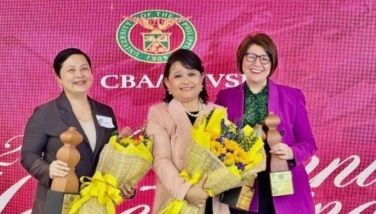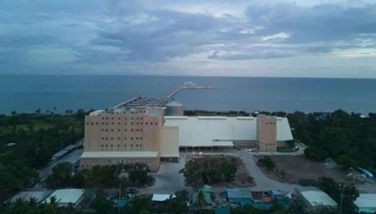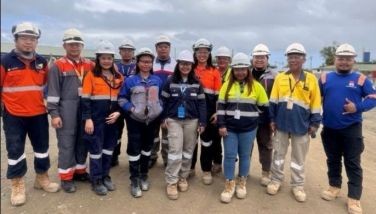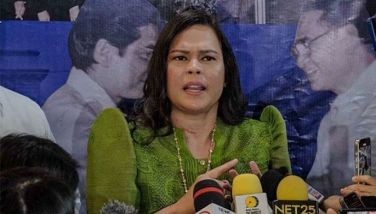Filipino Chinese entrepreneurs donate 6,200 public schools in 'Operation Barrio Schools'
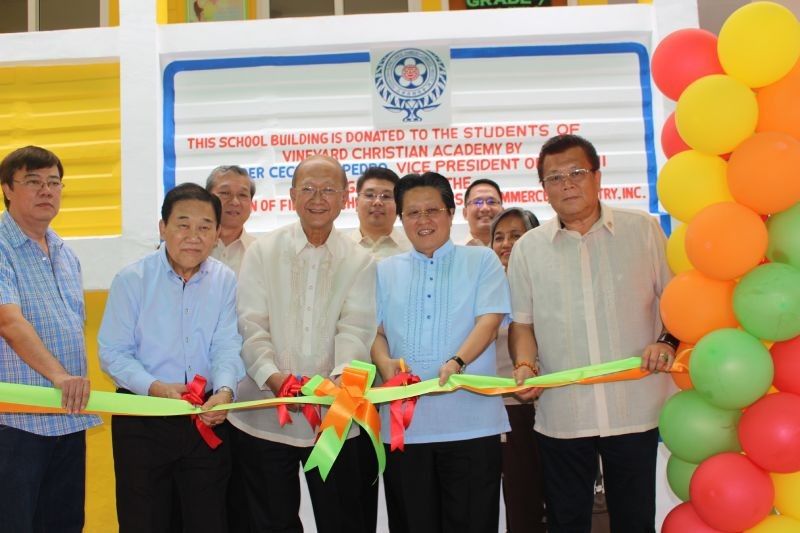
MANILA, Philippines — "Give a man a fish and you feed him for a day. Teach a man to fish and you feed him for a lifetime." — Taoist philosopher Laozi (also spelled Lao Tzu)
In their hope of helping alleviate poverty and social injustice, and in promoting sustainable and inclusive Philippine economic growth, the Federation of Filipino Chinese Chambers of Commerce & Industry, Inc. (FFCCCII) has undertaken the Philippines’ biggest-ever philanthropic project.
Dubbed “Operation Barrio Schools,” it constructed and donated 6,200 mostly rural public school buildings all over the archipelago from Aparri to Tawi-Tawi.
FFCCCII is an umbrella aggrupation of 170 Filipino Chinese chambers and diverse industry organizations nationwide, now led by President Dr. Cecilio K. Pedro.
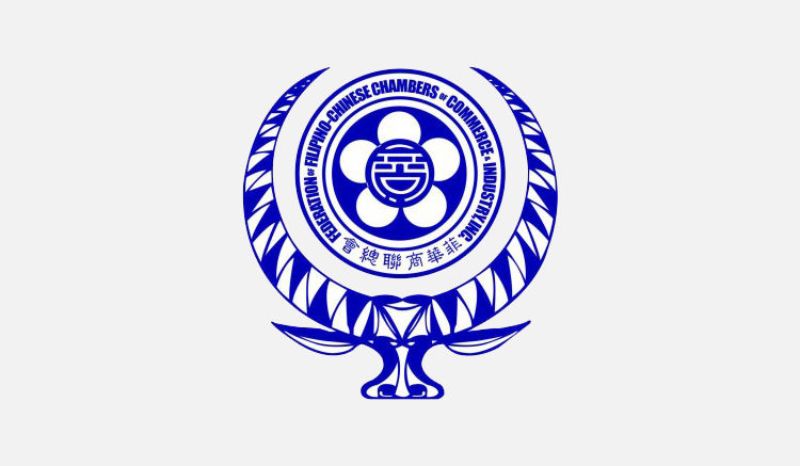
Chinese tradition of philanthropy
Anna-Marie Harling wrote in the British newspaper “The Guardian” in 2017 that Chinese philanthropy has been a long tradition.
Book author and former United Nations official Dr. Zu Liangrong wrote: “As early as 2,500 years ago, Laozi, an ancient Chinese philosopher, the founder of philosophical Taoism, discovered the role of the Tao or the purpose in life and universe. Wisdom of Taoism has inspired and guided people with precepts of compassion, harmony, cooperation, integrity, humility and prudence. Taoism’s thought as the master virtue allows individuals, organizations, and society to cultivate purpose for a sustainable life, and directs leaders to pursue a basic blueprint of not only doing good, but also being good.”
In his study of ethnic Chinese philanthropy in Southeast Asia, Professor Dr. Thomas Menkhoff wrote that traditionally, philanthropic virtues such as civic betterment, benevolence, charity, compassion or generosity have always been important in Chinese culture as shown by the teachings of Confucianism, Buddhism and folk religion. Both philosophers Confucius and Mencius considered philanthropy as “the distinguishing characteristic of man, as one of the fundamental constituents of nobleness and superiority of character”.
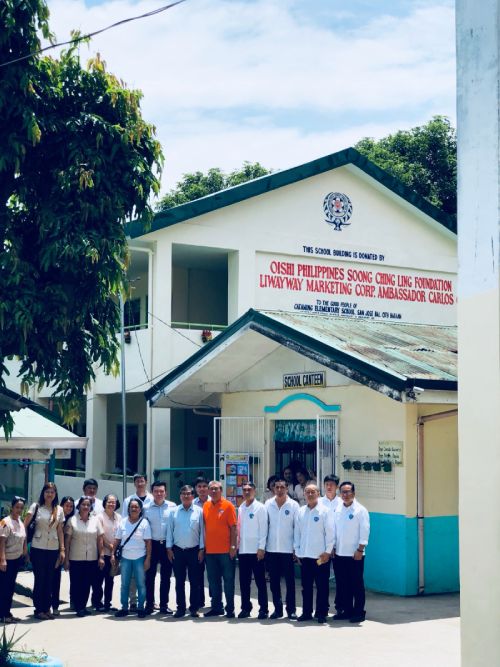
Some modern-day examples of Filipino Chinese community philanthropies:
- Donations for calamities and socio-civic causes by the Filipino Chinese Community Calamity Fund (P80 million for typhoon Odette in the outset of 2022, over P300 million in 2020 and 2021 for COVID-19 charities such as medical supplies, rice, foods nationwide);
- Federation of Filipino Chinese Chambers of Commerce & Industry, Inc. (FFFCCCII), its many civic endeavors like its “Operation Barrio Schools” donating thousands of rural public schools, support for diverse civic endeavors;
- Filipino Chinese volunteer fire brigades nationwide donating time, energies and resources to aid those afflicted by fire and other disasters regardless of the victims’ ethnic or socio-economic backgrounds.
The Philippines’ foremost philanthropists support FFCCCII charities, such as Tan Yan Kee Foundation founder and FFCCCII Chairman Emeritus Lucio Tan, late Metrobank Foundation founder George S.K. Ty, late SM Foundation founder Henry Sy, late Gokongwei Brothers Foundation founder John Gokongwei, Jr., late Philtust Bank/Manila Bulletin/Manila Hotel Chairman Dr. Emilio Yap, Ambassador Carlos Chan, Megaworld Foundation founder Andrew Tan, etc.
Centuries of socio-civic charities in the Philippines

Centuries before the Spanish colonizers discovered the Philippines in 1521, early Chinese traders, artisans and migrants were already harmoniously coming to our archipelago to do brisk domestic and foreign trade (including the famous trans-Pacific “Galleon Trade”), pioneering industries and agricultural endeavors, raising families, and undertaking many socio-civic charities.
Throughout towns, cities and islands across the Philippines, ethnic Chinese entrepreneurs for generations peacefully settled in local communities and contributed to philanthropies such as assistance for calamities, donations to churches and schools, even donating to the 19th century Philippine Revolution and joining in the resistance against Japanese military invaders in World War II.
Ethnic Chinese traders and artisans worldwide also didn’t forget their ancestral villages in south China, usually in Fujian province or Guangdong province, and they also donated to socio-civic endeavors there through education, temples, village roads or bridges, other causes.
- Latest





















